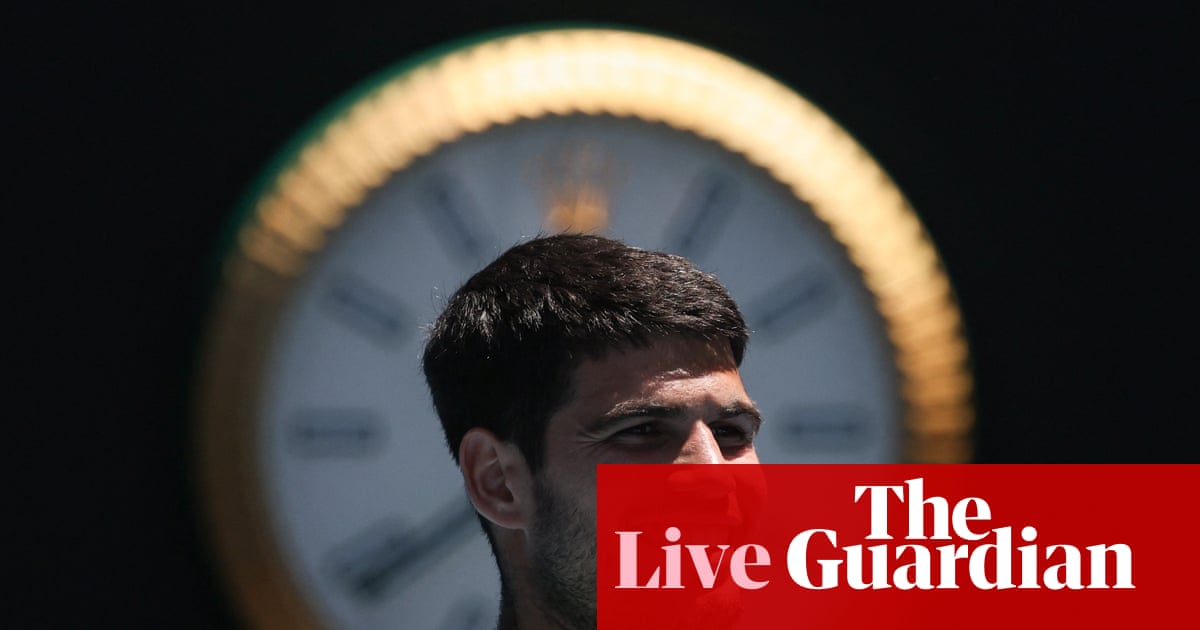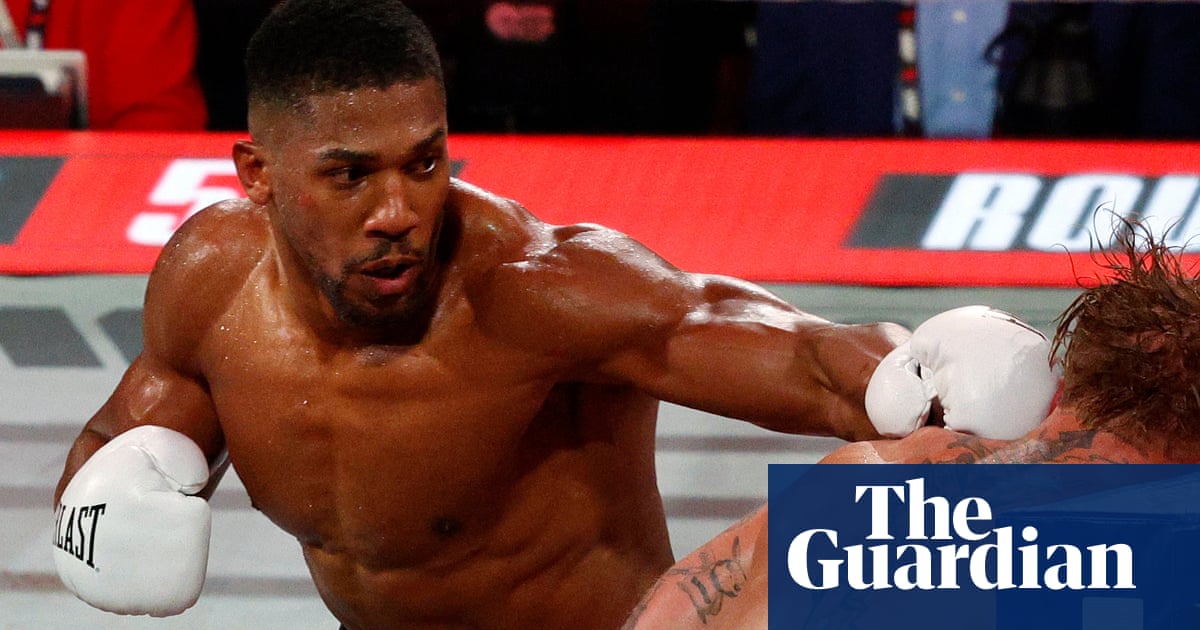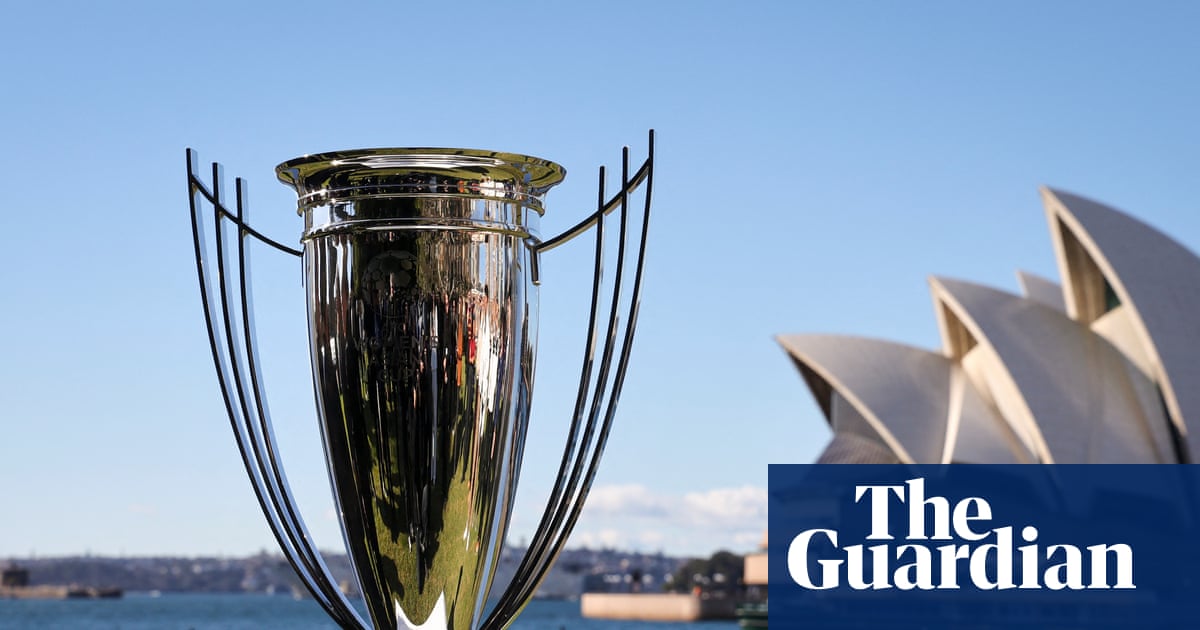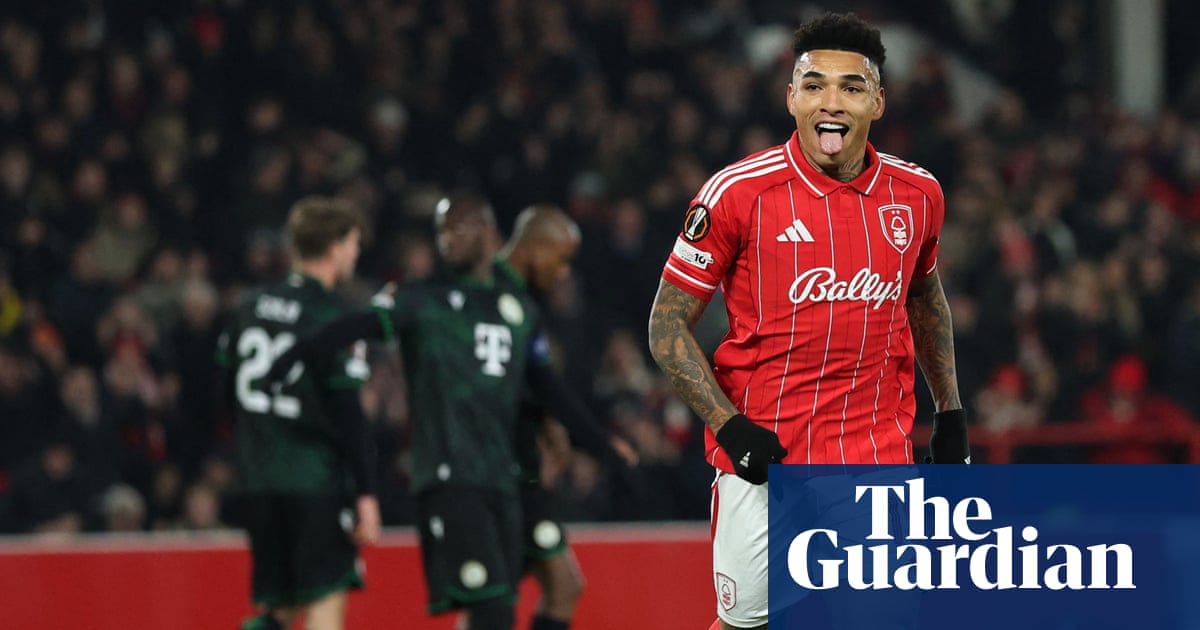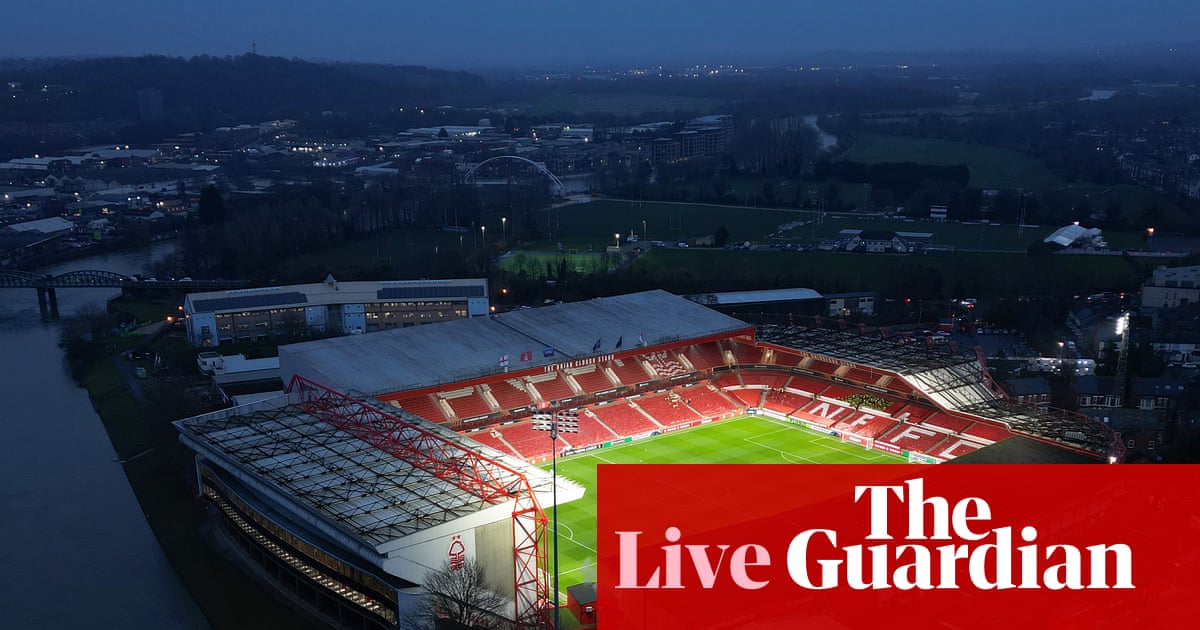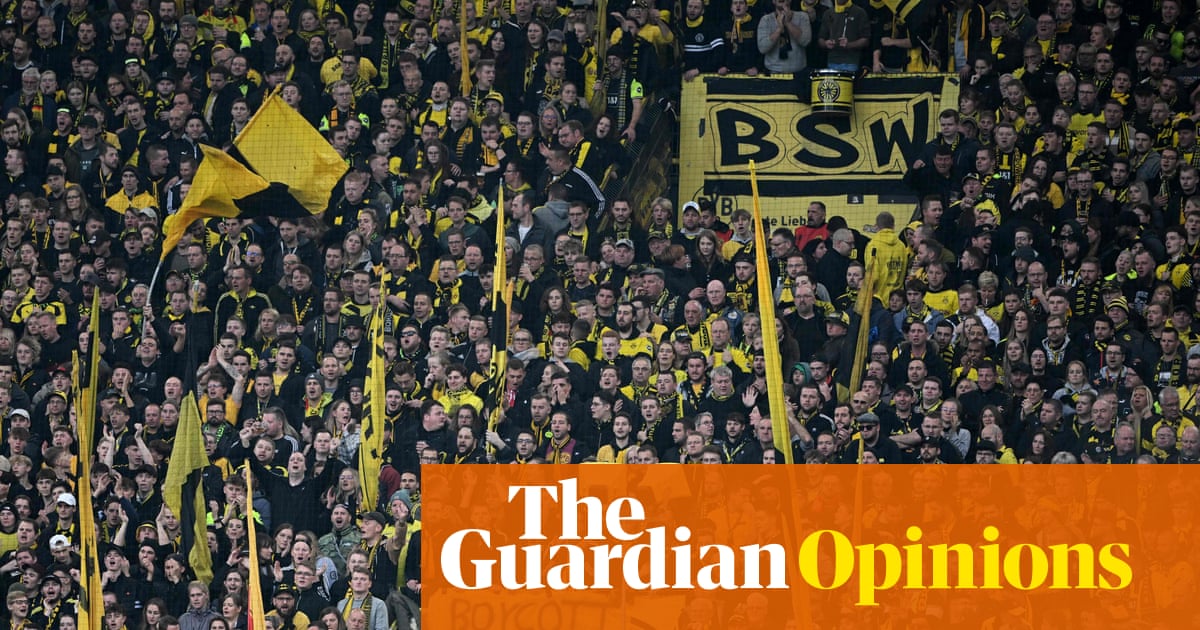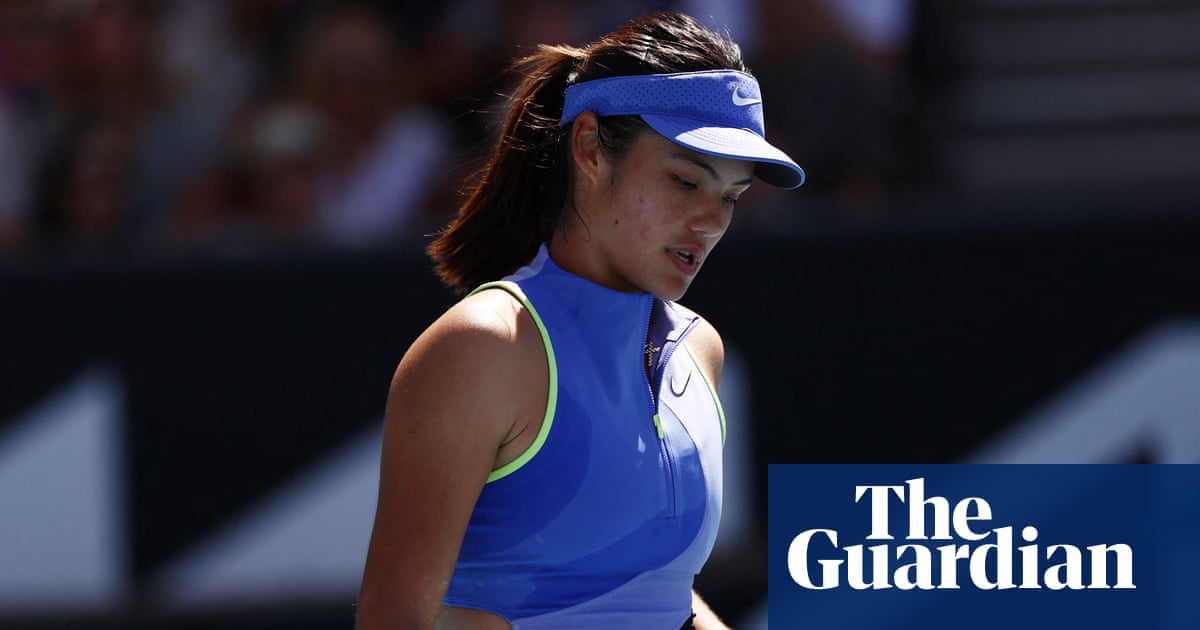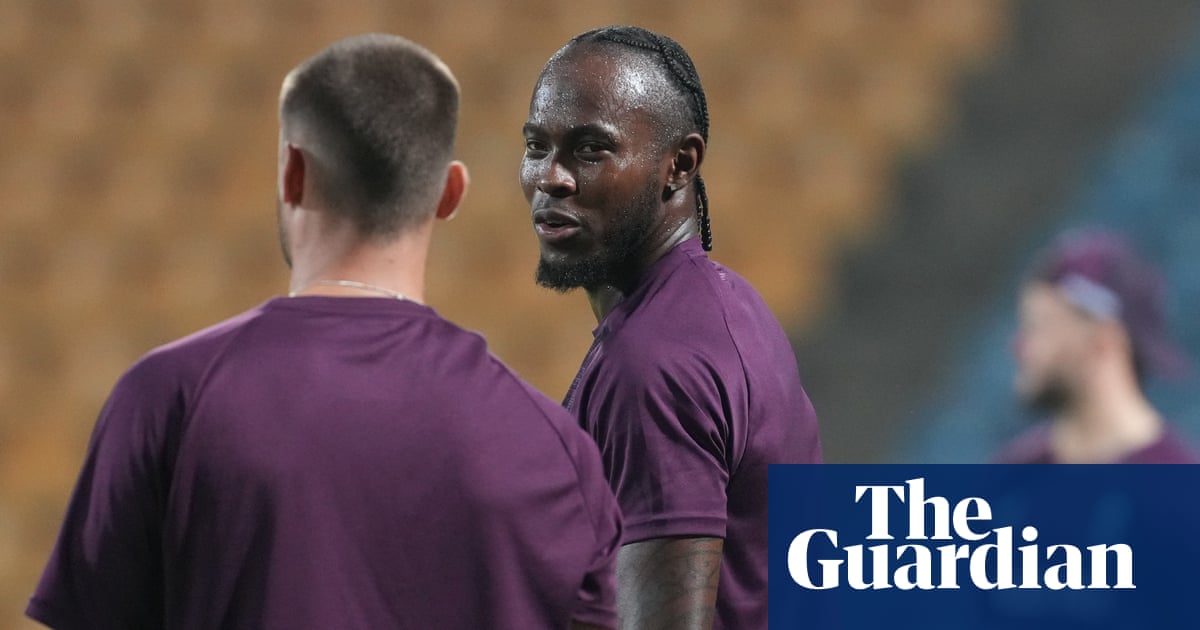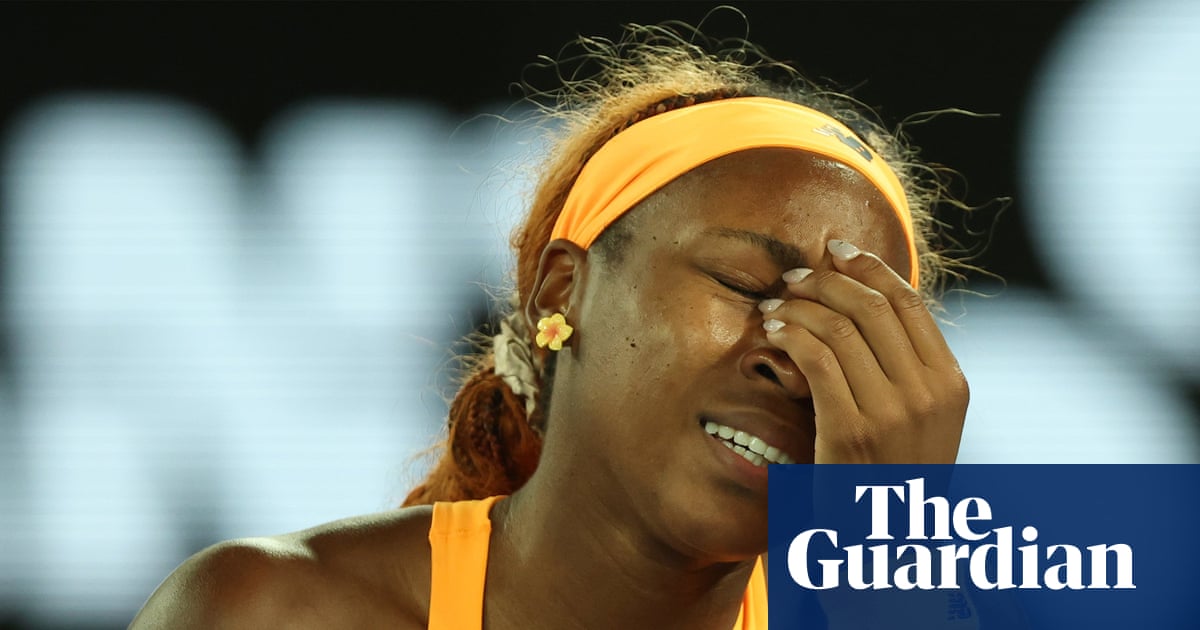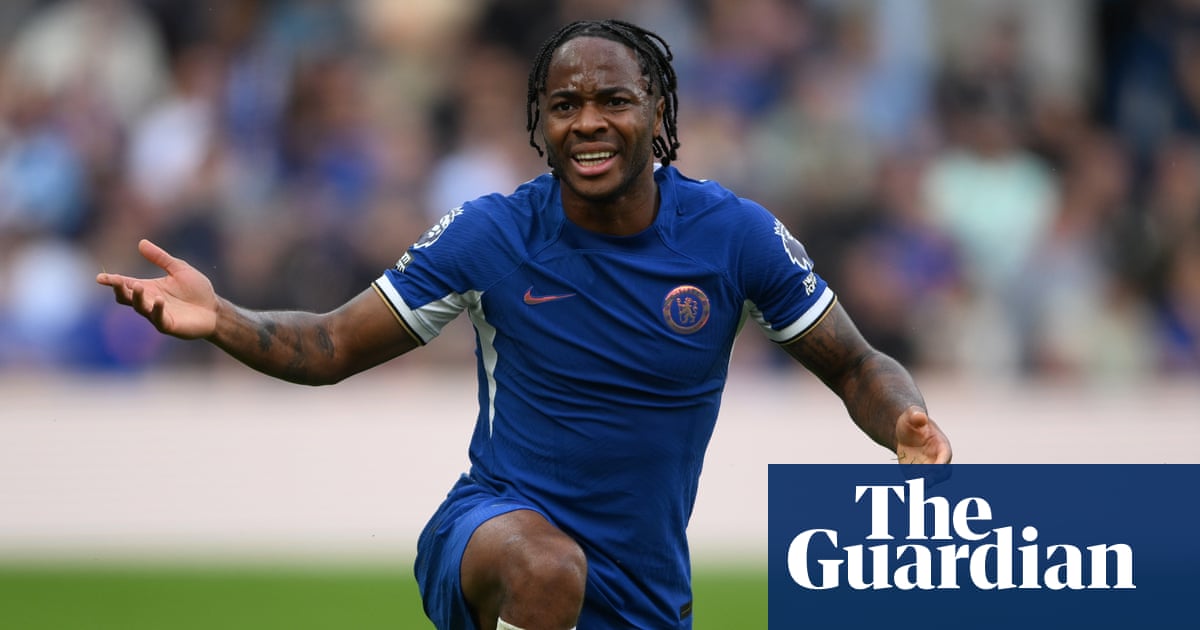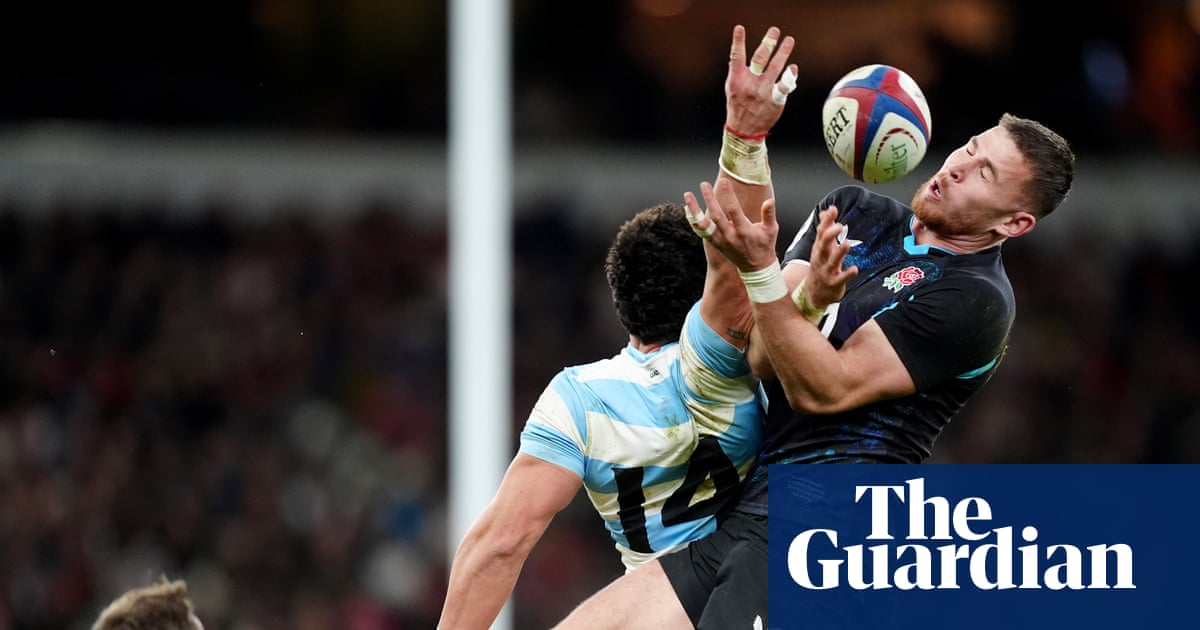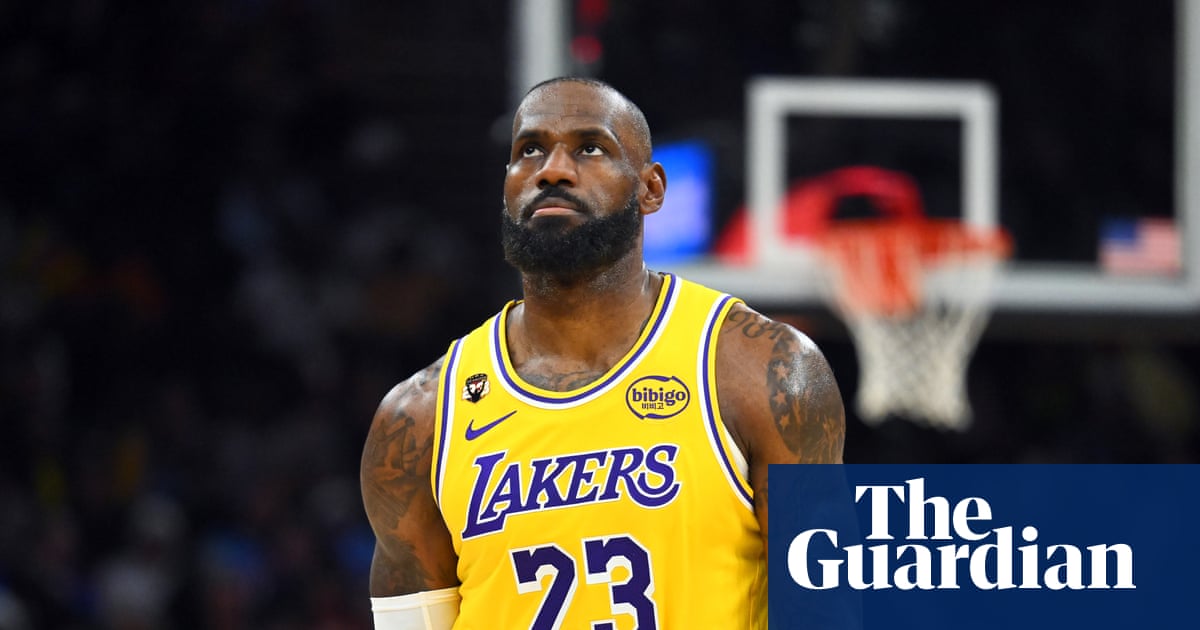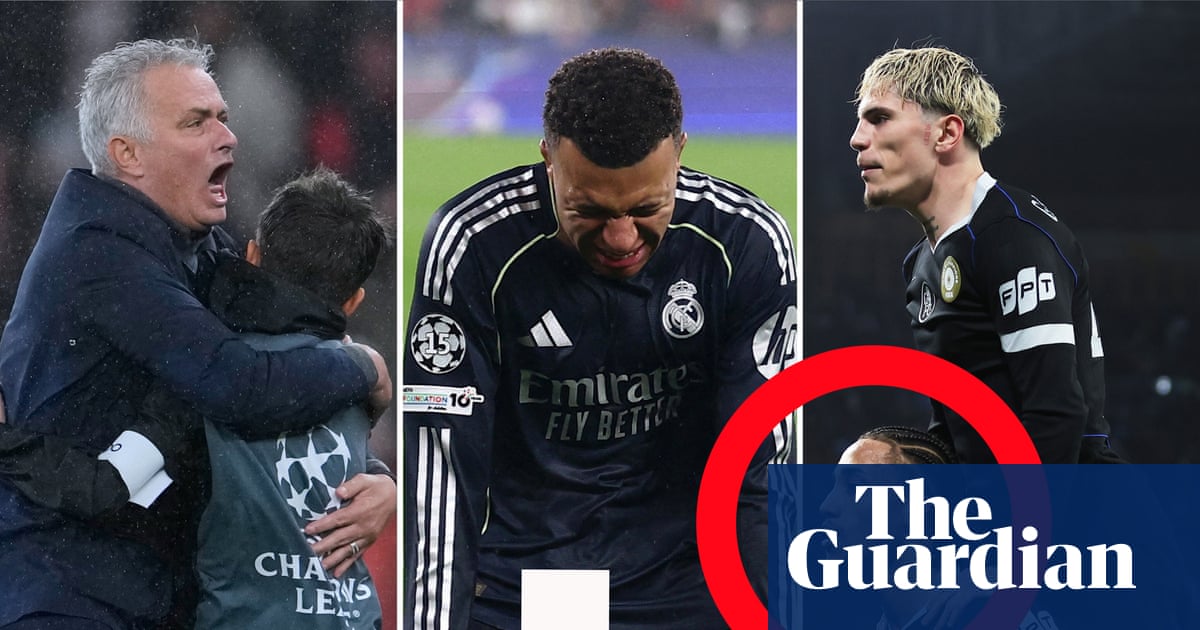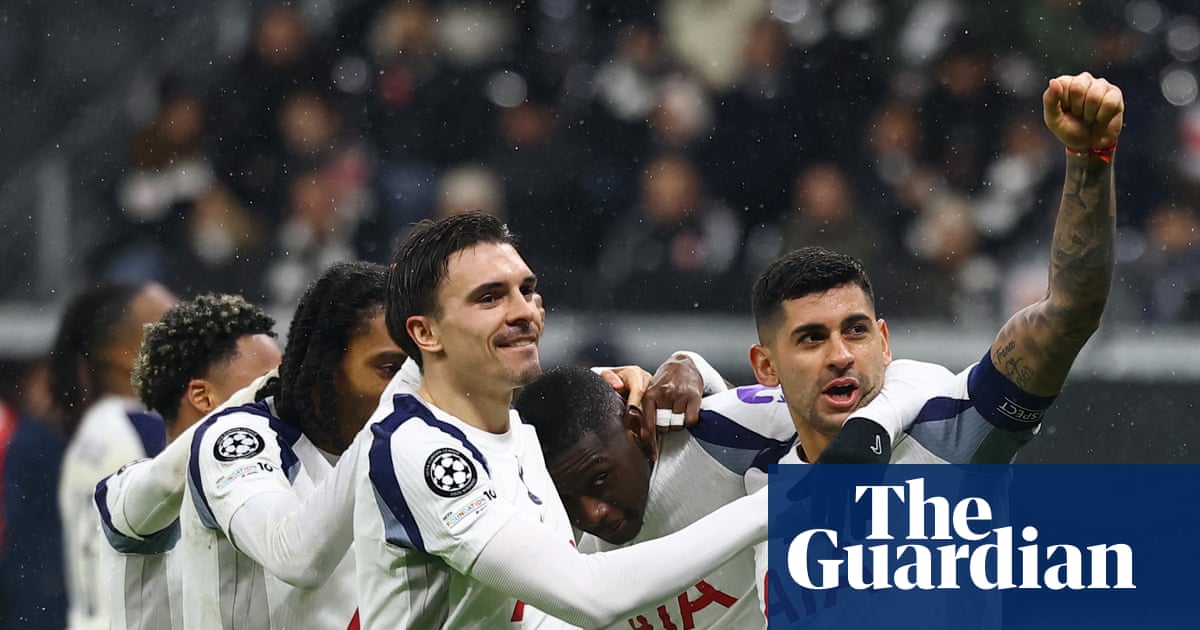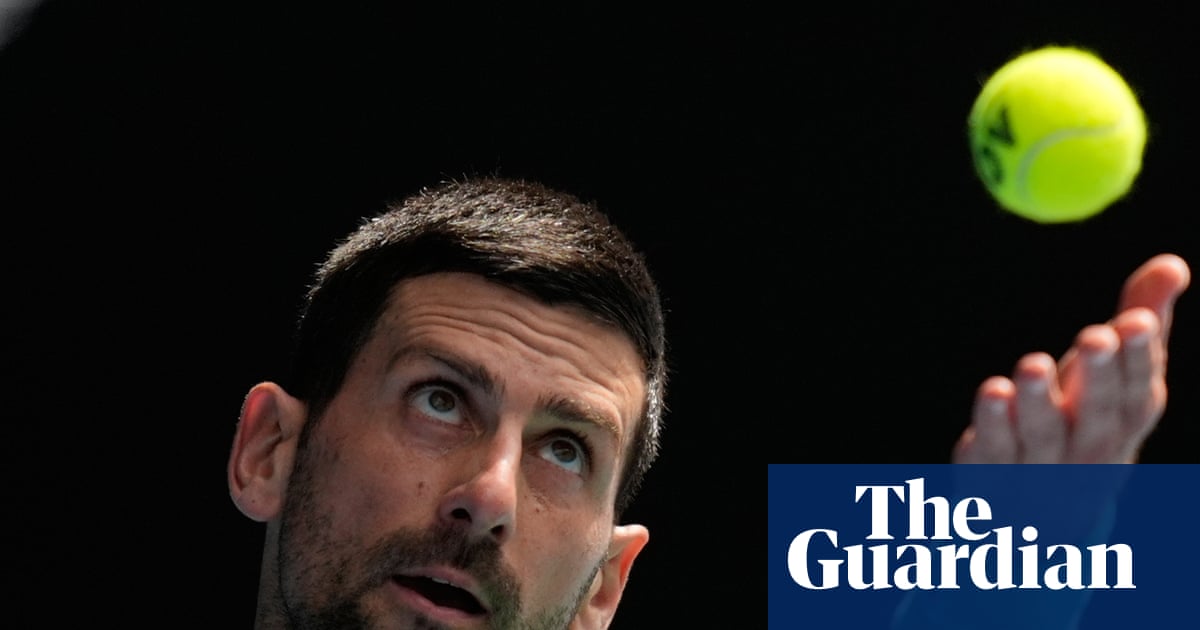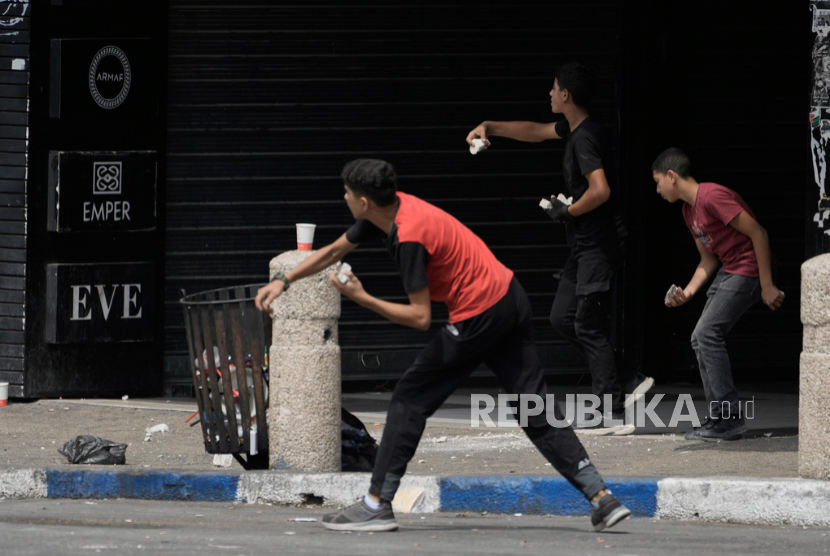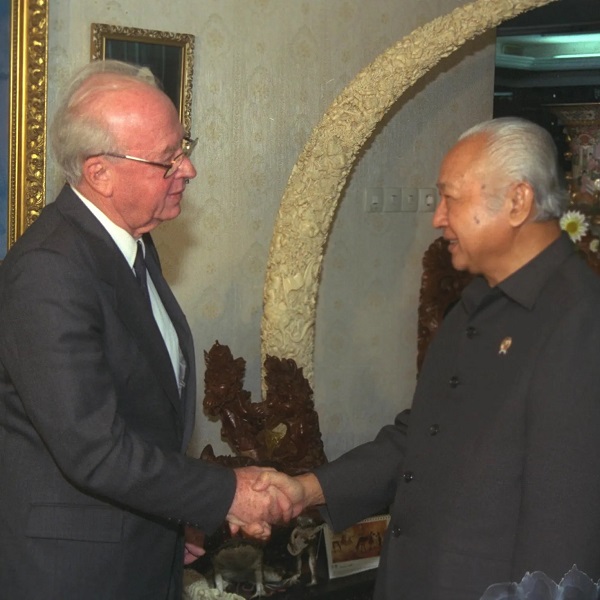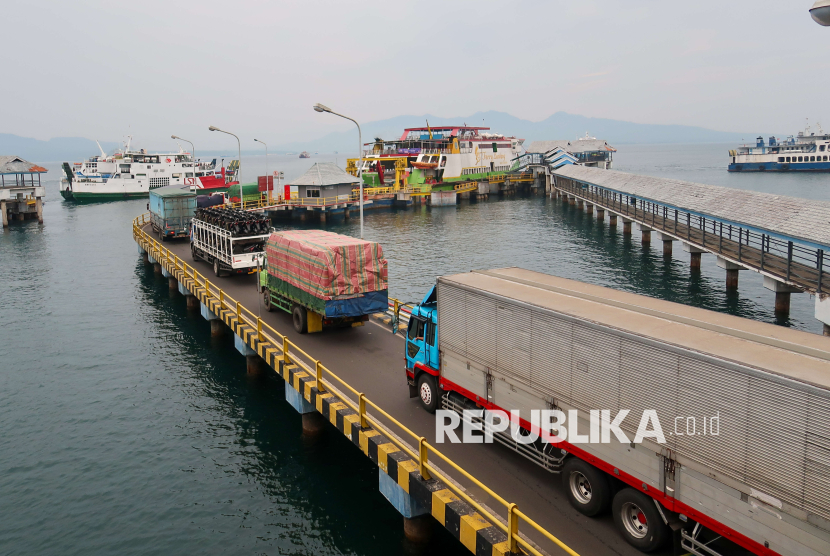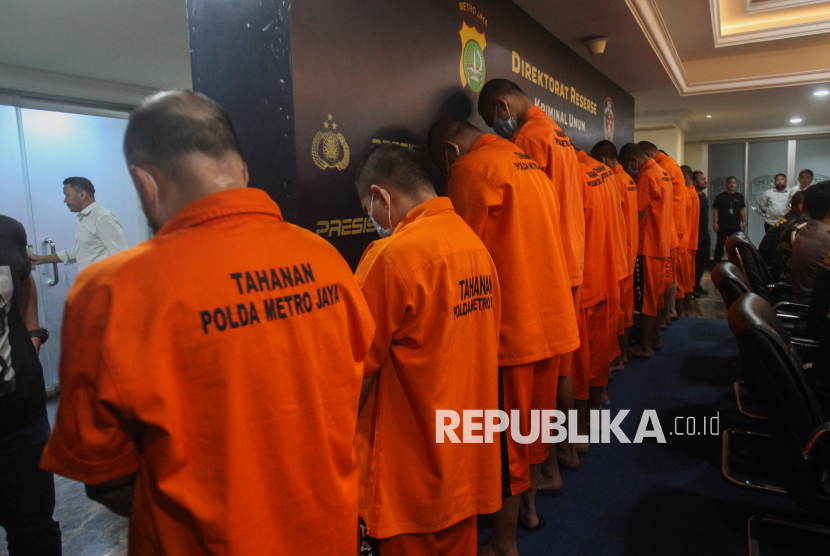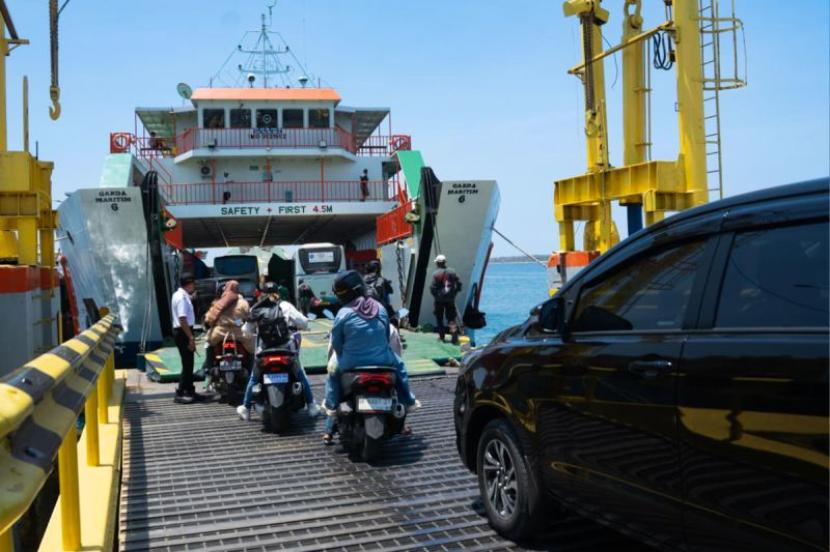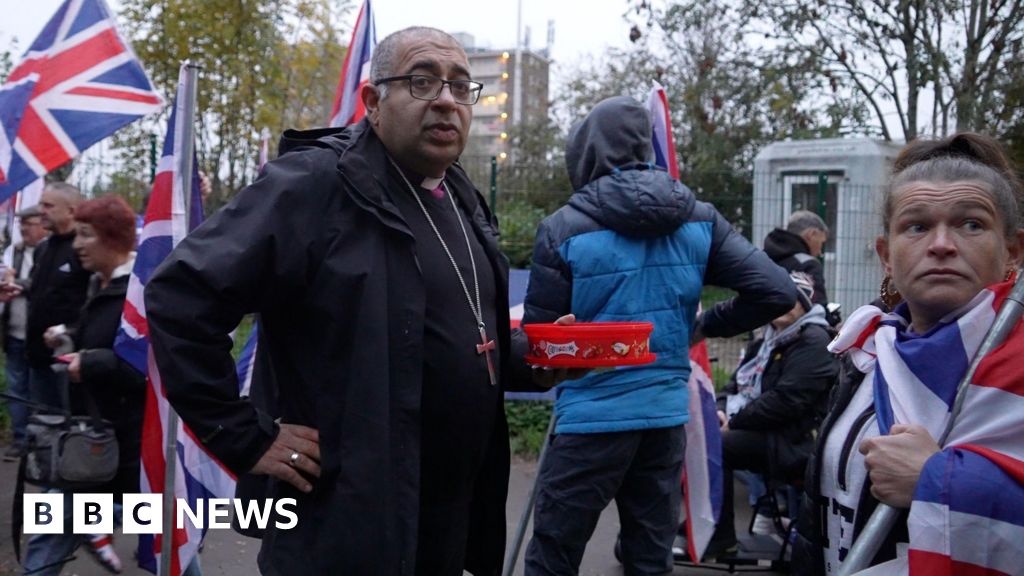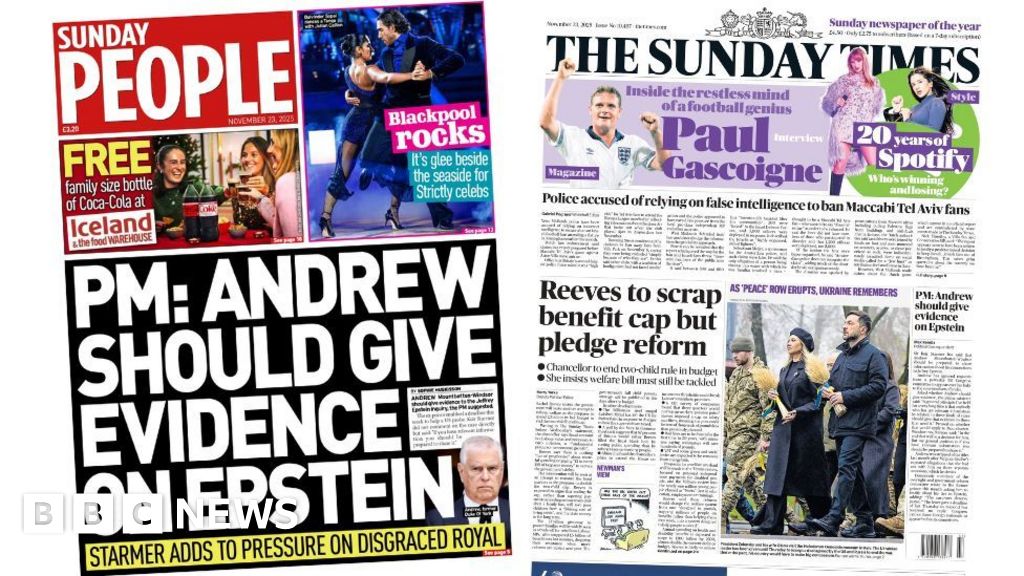You fear for Wolves. Eleven matches into the season they are without a win, have sacked manager Vítor Pereira and look likely to be relegated after nearly a decade in the Premier League. It turns out that selling your best players and failing to replace them adequately is not a recipe for success. But surely things cannot be as bad as they were during the 1980s, when they went from the First Division to the Fourth Division in three years.
Wolves experienced the perfect start to the decade when they won the League Cup in 1980, beating the reigning European champions Nottingham Forest at Wembley. But all was not well at the club. The decline can be traced back to their decision in the late 1970s to spend £3m on the John Ireland Stand (now the Steve Bull Stand) at Molineux, which left the club financially drained during a time of declining attendances. They were relegated from the top flight at the end of the 1981-82 season and, with debts totalling £2.5m, were minutes away from going out of business that summer.
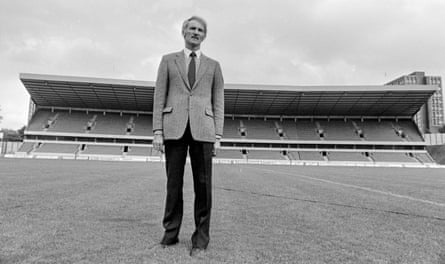
A consortium fronted by the former player Derek Dougan saved the day, or so it seemed. He got to work quickly, appointing Graham Hawkins as manager. It was a gamble, but Hawkins had been assistant at Shrewsbury and Dougan backed his knowledge of Second Division football. Hawkins had a great start in the job, leading the club to promotion in a memorable 1982-83 season.
He combined the experience of John Burridge, Geoff Palmer, Peter Daniel, Kenny Hibbitt and Andy Gray with talented youngsters and took the club back to the top flight. But Hawkins knew the squad needed strengthening to compete with the elite. He drew up a list of players rumoured to include David Seaman, Mick McCarthy, Paul Bracewell and Gary Lineker, but the club only spent £80,000 on the Rotherham winger Tony Towner. The lack of investment proved costly and was a warning sign.
Wolves were not in safe hands. Behind the scenes, the Bhatti brothers – who ran the company Allied Properties out of a Portakabin at Manchester Airport – were hoping to develop Molineux and the surrounding area. Yet these plans never got off the ground. Over the next few years, the Bhatti brothers did little to improve the squad.
The 1983-84 season was a taste of what was to come. Wolves used 33 players during their troubled season, 13 of whom had been teenagers at the start of the campaign. “Wolverhampton Wanderers look the least accomplished of the promoted sides and may struggle,” noted the Guardian’s pre-season preview.
The season began promisingly, a Palmer penalty giving them the lead against Liverpool after two minutes. The 1-1 draw in front of 26,249 at a sun-drenched Molineux was the dawn before the darkness. Two days later, Wolves took the lead again, but a brace from Charlie Nicholas saw Arsenal leave with three points. Things unraveled quickly.
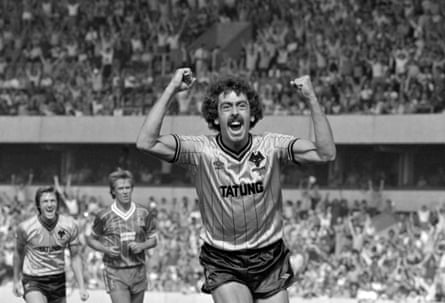
The next few months were a nightmare. They did not win any of their first 14 games and were knocked out of the Milk Cup by Preston, losing home and away to the third-tier club. Hawkins spoke honestly after a 4-0 defeat at Luton in September. “I was frightened it would get to the stage where Luton might score six or seven goals. Today we were outclassed. We have to learn and learn fast.” But the hits just kept on coming. They lost by the same scoreline the next week.
A 3-0 defeat to Manchester United at the end of October sent Wolves to the bottom of the table and, just to cement their position, the next match ended in a 5-0 humiliation away at Nottingham Forest. “Before yesterday’s game, Wolves must have been hoping that something – anything – would turn up to reroute their luck,” wrote Julie Welch in the Guardian. Wolves needed more than luck.
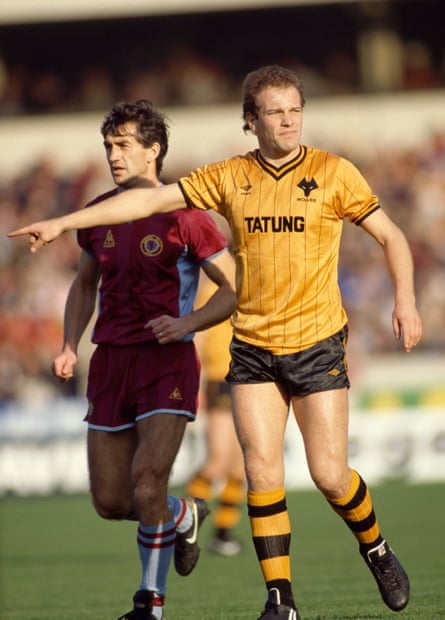
The departure of Andy Gray to Everton for £250,000 in November did little to cheer the mood. Bought for £1.49m in 1979, the financial loss on Gray highlighted the decline in the transfer market. Andy Blair and Danny Crainie arrived on loan but Wolves were paying the price for failing to build a squad capable of surviving in the top flight.
Their first win of the season arrived in late November, when they beat rivals West Brom 3-1 at the Hawthorns. Crainie scored twice – his second was a thing of beauty – but the optimism did not last for long. After a 5-0 defeat to Watford in December – featuring an eight-minute hat-trick from Mo Johnston – Dougan gave Hawkins the dreaded vote of confidence: “Graham Hawkins will remain as manager of this club as long as I am chairman.”
The local councillor John Bird was scathing about the team’s performance against Watford and the club’s owners. “They have brought this town into disrepute, making Wolverhampton the butt of every comedian’s joke,” he complained. “We must have talks as soon as possible to find out where Allied Properties’ interests really lie. On Saturday’s performance, it is not in football.”
Hibbitt had his own say on the Watford debacle. Perhaps with tongue firmly in his cheek, the club legend came up with an unforgettable quote: “We’ve gone over it time and time again on the video and, if you take away their five goals, there was nothing between the teams.”
Soon Hawkins was getting involved in the gallows humour. After consecutive victories on Boxing Day and New Year’s Eve, against Everton and Norwich respectively, Hawkins joked that he now had to guard against complacency. When Wolves then defied all football logic by winning 1-0 at Anfield – the teenager Steve Mardenborough scoring the winner – optimistic fans must have been wondering if the great escape was on.
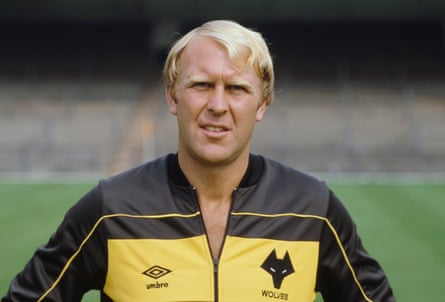
It was not to be. Wolves only won two more games all season, both 1-0. The end of the season was suitably depressing. Just 6,611 spectators turned up for a defeat against Ipswich in April – Wolves’s lowest home attendance in 47 years – with the Guardian reporter Russell Thomas describing a “morgue-like atmosphere”. Their relegation was confirmed two days later after a 2-0 defeat to Everton. Inevitably, Gray scored one of Everton’s goals.
Hawkins was sacked and, of course, his claim for compensation was handled badly by a club. “I thought I was working with honourable men and that we could part with a handshake,” said Hawkins. He was not paid in full for seven years.
Their final match of the season – a 4-0 defeat at Stoke – summed up their season. In all, they played 47 games and won six of them, scoring 32 goals and conceding 89. Clarke finished as their top scorer with just six league goals.
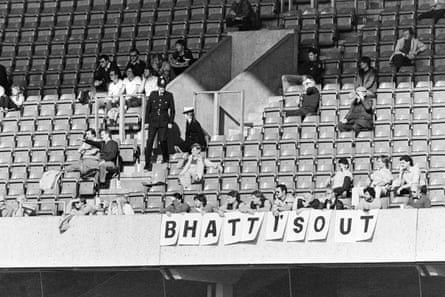
Matters off the pitch were just as bleak. With players still waiting for promotion bonuses from the previous year and the Hawkins saga starting, Mahmood Bhatti’s declaration that “the club must stand on its own feet” was ominous. Tommy Docherty took over as manager in the summer of 1984 but, in truth, Alex Ferguson would have struggled to keep Wolves afloat. The relegations had only just begun.
Reporting on the club in April 1984, Thomas wrote something very prescient: “Molineux may have to gird itself for another rearguard action against the almost unthinkable, the Third Division, next season.” Sadly for Wolves fans, his forecast was spot on. If anything, it was an understatement. After three straight relegations the club hit rock bottom in the 1986–87 season, when they dropped to Fourth Division and were trounced 3-0 by non-league club Chorley in the FA Cup.
Relegation from the Premier League this season would be tough, but older fans know it could be a lot worse.
This article is by Steven Pye for That 1980s Sports Blog
.png)
 2 months ago
30
2 months ago
30
